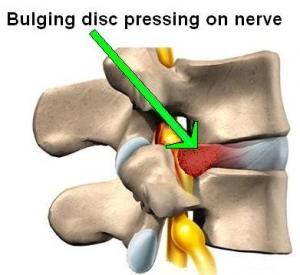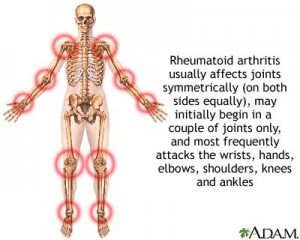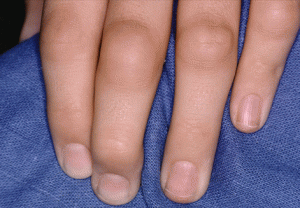Back problems can be a source of chronic pain and it is a significant reason for disability in the general population. Often the patient lives with the problem, and treatment with pain killers or over the counter remedies proves to be useless. Once the symptoms are becoming more severe and there is a feeling of numbness that extends into the leg or foot, even the most stoic back pain sufferer will seek out medical advice. Tests such as a CAT scan or MRI scan will reveal that the reason for the chronic pain is a herniated disk.
The only treatment that could be offered has been a discectomy which is performed by an orthopedic surgeon. So far fusion surgery has been the modality of choice, which has the unfortunate consequence of predisposing patients to degeneration in other levels of the spine as the wear and tear following fusion surgery is higher at the adjacent levels.
Dr. Dike Ruan from the Navy General Hospital in Beijing reports about a new treatment in the form of disc transplantation instead of fusion. Artificial materials have been tested and the results have been very variable. Contrary to organ transplantation it is possible to work with donor material from non-related persons as the inert disk material does not cause transplantation rejection. The herniated disc is removed including the adjacent end plate and a fresh-frozen composite disk with end plate is introduced. Five patients who underwent the procedure had improved neurological status after three months. Also the bony union at the end plate was nearly complete after three months. Long term follow up, which continued for at least five years, continued to show improvement.
Contrary to organ transplants in which anti-rejection drugs have to be used, the disk transplants caused no immunological reaction. Motion and stability remained excellent, and only minor degenerative changes were observed after five years.
With further refinements, such disc transplants will likely become an effective alternative treatment for degenerative disc disease.
More information about disc herniation treatment suggestions: http://nethealthbook.com/arthritis/lower-back-pain/treatment-low-back-pain-2/disc-herniation-treatment-suggestions/
Reference: The Lancet, 2007; 369-993 and p.999
Last edited November 2, 2014








